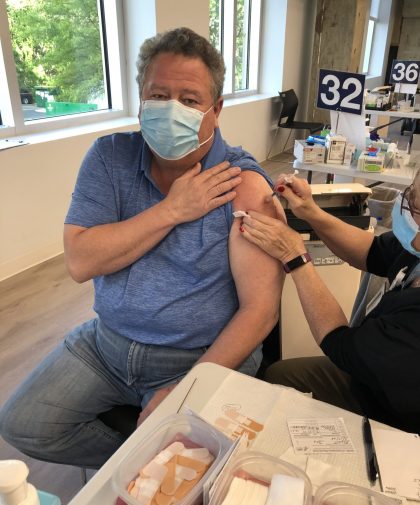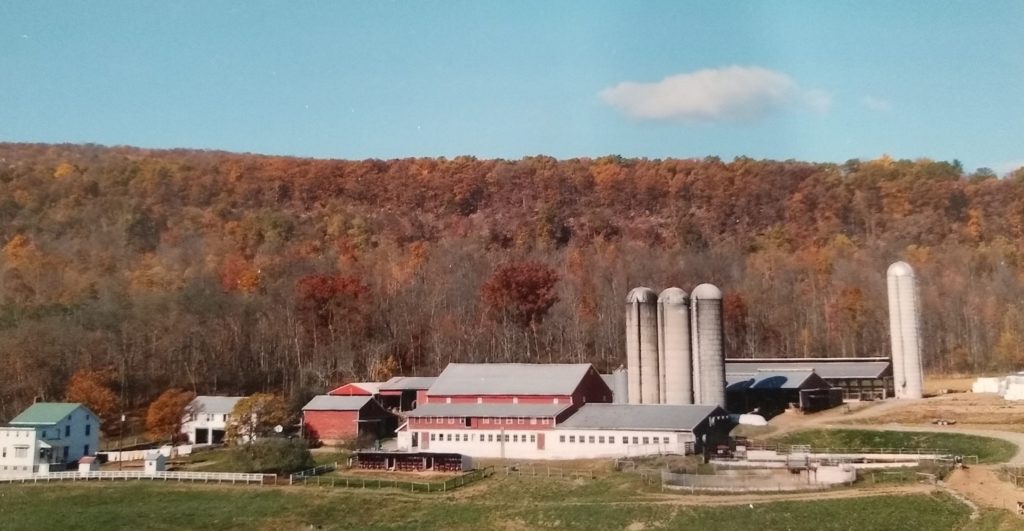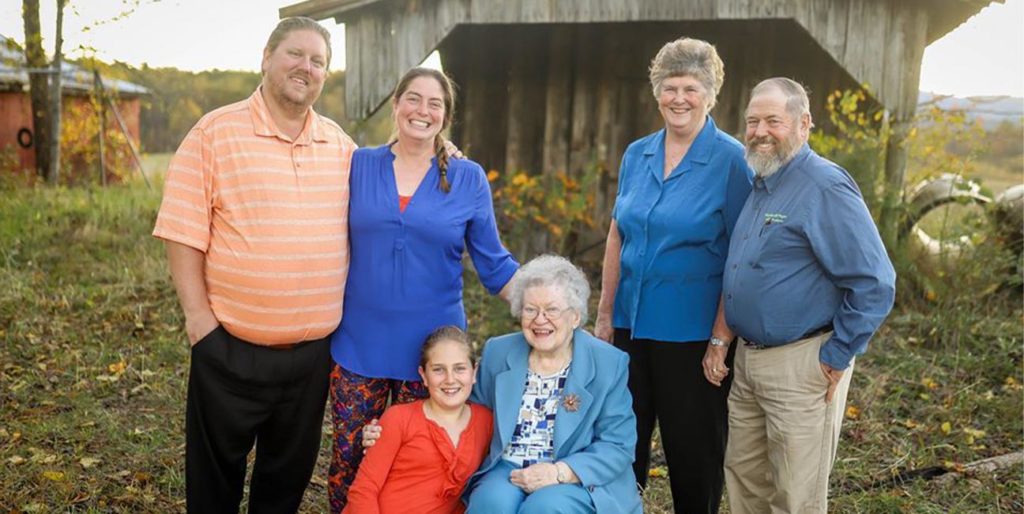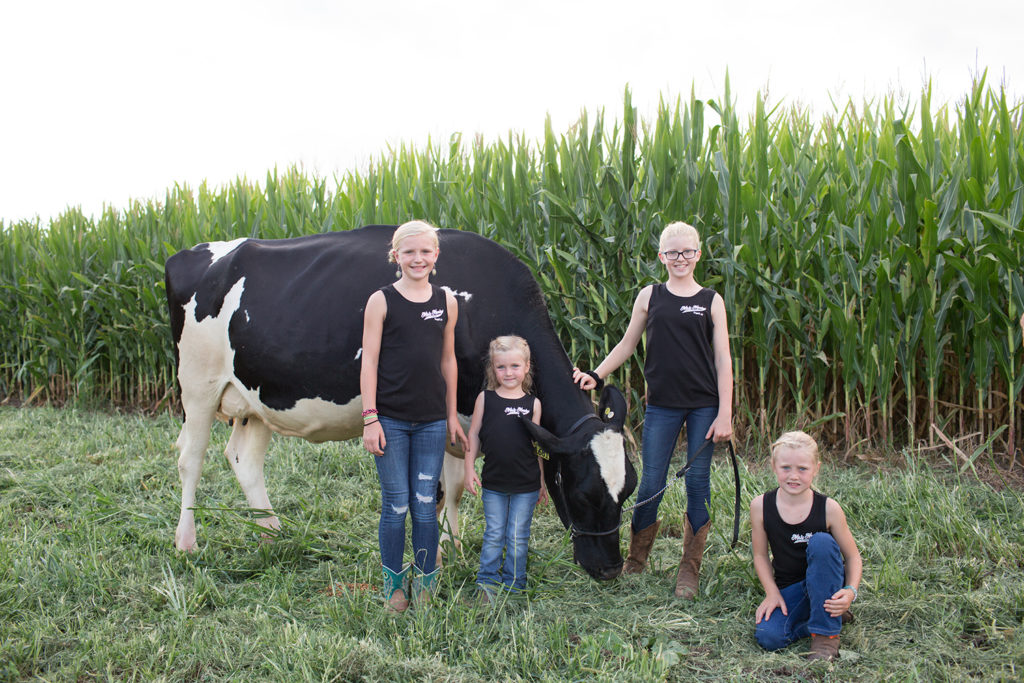The novel coronavirus (COVID-19) outbreak has created a national emergency and an unprecedented public health crisis. Maryland & Virginia is adapting to serve the needs of our farmer-owners, our customers and our employees.
We are reassured that there has been NO evidence of the transmission of COVID-19 to humans from food or food packaging. Milk and dairy products are as safe and wholesome as they have always been.
Maryland & Virginia is continuing to supply customers without interruptions. Our cooperative has a strong milk supply, distribution network and ample processing capabilities.
To our customers, please let us know how we can serve you. We are committed to maintaining our quality of customer service and to providing access to fresh local milk and dairy ingredients during. Customers can contact their sales representative for more details or call our customer service hotline at 1-844-287-1970 or email us at emailus@maolamilk.com or info@mdvamilk.com.
To our members and haulers, our member services team is available to assist you should you need us. Producer payroll, logistics and distribution, are all operating without disruptions. It is business as usual, with added measures of precaution for health and hygiene of all involved.

Leading the way in national vaccination efforts
Maryland & Virginia joins the National Milk Producers Federation in helping to encourage all members of the dairy community to get vaccinated — and to ask your friends and family to do the same.
Vaccinations have been proven to be safe and effective.
Vaccinations help to get us closer to herd immunity. Dairy farmers are leaders in their communities in addition to being important employers in local regions. Vaccines help keep schools open, get people back into restaurants and otherwise revive areas hampered by pandemic-era life.
Frequently Asked Questions
Vaccinations have been proven to be safe and effective at preventing COVID-19. Based on what CDC knows about vaccines for other diseases and early data from clinical trials, experts believe that getting a COVID-19 vaccine also helps keep you from getting seriously ill even if you do get COVID-19.
- COVID-19 vaccines are safe and effective. The development of the COVID-19 vaccines did not cut corners on testing for safety and efficacy. The vaccines were made using processes that have been developed and tested over many years, and which are designed to make — and thoroughly test — vaccines quickly in case of an infectious disease pandemic like COVID-19.
- Once you are fully vaccinated, you can start doing more. After you are fully vaccinated, you can start doing some things that you stopped doing because of the pandemic.
- Time is of the essence. Waiting too long to be vaccinated allows the coronavirus to continue spreading in the community, with new variants emerging. Severe COVID-19 can be very dangerous: The sooner you get vaccinated, the sooner you are protected.
If you have questions about how to get vaccinated, visit vaccines.gov or call 1-800-232-0233 to locate a nearby vaccination clinic.
Local health authorities may be able to help you find vaccination sites near you as well.
Some of our member farms have found success in hosting vaccination clinics for employees as well. We encourage you to reach out to your local health department to learn more about what may be possible.
You may also consider helping in the vaccination effort by:
- Leading by example
- Helping to identify when and where workers can get vaccinated.
- Offering internet access or language support services to help employees schedule appointments.
- Relieving concerns about vaccine costs
- Providing paid time off to employees who get vaccinated.
- Providing transportation to and from vaccine appointments.
- Considering providing small prizes, rewards or other modest financial incentives to employees who get vaccinated.
Authorized vaccines are highly effective at protecting vaccinated people against symptomatic and severe COVID-19. According to the CDC, fully vaccinated people can resume activities without wearing a mask or physically distancing, except where required by federal, state and local rules, and regulations.
Employees should still watch out for symptoms of COVID-19, especially if they have been around someone who is sick. Employees with symptoms of COVID-19 should get tested and stay home and away from others.
Other Assistance

There are other resources for you to help keep you and your employees safe. All these resources (and more!) are available on the United States Health and Human Services Department’s website for COVID-19.
The National Milk Producers Federation also offers multiple resources on its website for handling the current status of the pandemic, specific for dairy farmers. These resources cover things from vaccine rollout to issues to consider as an employer. The NMPF also has a specific section on the Delta variant.
Here are some quick links to some of the top resources that both groups provide:
Essential Workers in Agriculture Toolkit (HHS)
Vaccine Resources (Spanish) (CDC)
A Dairy Farmer’s Guide to the Vaccine Rollout (NMPF)
COVID-19 Vaccination & The Dairy Workforce (NMPF)
How to talk about COVID-19 with your employees (DairyBusiness)
Top Issues in 2021: Employment in the COVID Era (Michael Best)
Poster: Until You’re Fully Vaccinated, Stay At Least 6 Feet Apart (HHS)
Resources for Members
While the COVID-19 vaccines are helping to control the COVID-19 pandemic in the United States, these older resources are still important for reference.
- Dairy Farmer Handbook on Coronavirus Prevention and Management (English and Spanish), NMPF
- What dairy farmers must know about COVID-19, Hoard’s Dairyman
- Novel Coronavirus Prevention & Control for Farms, Cornell University Agricultural Workforce Development
- What You Need to Know Now About Coronavirus (COVID-19) on Your Dairy (English and Spanish), AllTech
- Posters: What You Need to Know Now About Coronavirus (COVID-19) on Your Dairy (English and Spanish), AllTech
- Staying Proactive on the Farm: COVID-19 (English and Spanish), Adapted from Dairy Farmers of America materials
- Be Prepared: What Should Employers Do About the Coronavirus?, National Law Review
- Stress & Wellness Resources, Center for Dairy Excellence
- What Farmers Need to Know About Sick Leave Requirements
- Recommended Protocols When a Dairy Farm Employee Tests Positive for COVID-19
- Temporary Guidance for Veterinarians & Producers about Telemedicine and the VCPR
The CDC provides clear guidance about preventing infection in both English and Spanish.


Coronavirus Food Assistance Program (CFAP) for Dairy Farmers
If you are a dairy farmer whose operation has been impacted by coronavirus, you are likely to be eligible for direct support through USDA’s Coronavirus Food Assistance Program (CFAP). CFAP support applications were reopened in early 2021 and continue to be accepted through a date to be determined later.
Call and set up an appointment with your local USDA Farm Service Agency (FSA) office to determine your eligibility and to apply for this assistance. You can also visit the USDA’s CFAP website to view Frequently Asked Questions and to understand more about the program.
Milk marketing volume data will be required for the calculation of the payment for each operation. Maryland & Virginia members can find this information on their settlement statements for the periods covered by CFAP. If members are unable to find their statement, please contact your field representative or the Producer Payroll Department at 800-552-1976 or via email producerpayrollteam@mdvamilk.com.
Producers raising cattle for beef may also qualify for the cattle payment. Cattle used for, or intended to be used for, milk production do not fit the program definition for payments to make up for losses from cattle marketing.

